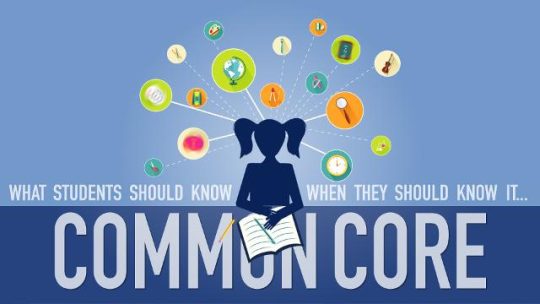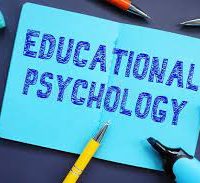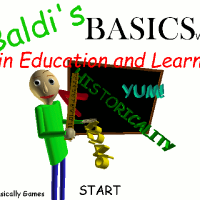What is Common Core Education? - Blog

What is Common Core Education?
What is Common Core education?
The Common Core education initiative is a set of standards in English language arts and mathematics adopted by 45 states plus D.C. This new approach to defining what students should learn at each grade level helps prepare them for college or the workforce.
Teachers and parents have applauded the new standards for helping students develop stronger reading and math skills; however, some criticize them as a “set-up” for standardized tests while others claim the Common Core fails to account for non-verbal learning or cultural biases.
Some parents and educators worry that the new standards will distort how children learn. They may place too much emphasis on test scores, which is not what schools should be doing.
The Common Core was created as a response to high rates of college remediation and employers’ dissatisfaction with young job applicants’ academic skillset. State leaders believed that setting rigorous, shared standards would help improve these outcomes.
They began by gathering a team of professors, advocates, and testing experts to write the standards. Later, under pressure from teachers unions, they added more personnel – teachers, administrators, and school board members – to review the standards.
Before Common Core could be released, these individuals had to give their approval. Later, the National Governors Association and Council of Chief State School Officers launched an initiative in an attempt to convince states to adopt the standards.
Despite the push for state support, some teachers and administrators expressed concerns that the standards would be implemented without enough time to prepare. They worried they wouldn’t have enough time to teach according to the new requirements or implement their instructional strategies effectively.
Additionally, some states have not provided enough resources to assist teachers in implementing the new standards. As a result, some are calling for an extensive investment in professional development.
It is essential that teachers have access to all of the resources necessary to help their students meet the new standards. This includes additional professional development opportunities and materials, as well as technology designed to make teaching simpler.
The ideal core education is one that equips students with the knowledge and abilities necessary for success in life and in their careers, regardless of where they reside or which school they attend. This type of education will foster independent thinkers and problem solvers capable of taking on complex problems in the real world.
Core education should also prepare students for higher education and the workforce. Most jobs today require knowledge and skill, so students must be prepared to work in these environments.
Many educators believe the ideal core education is one which helps students appreciate the significance of learning and cultivate an enthusiastic attitude toward it. Therefore, effective core education should incorporate various activities designed to stimulate students’ curiosity about topics while building their own in-depth comprehension of the content.




